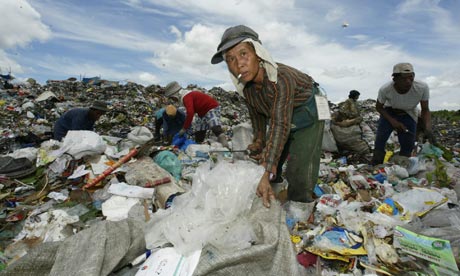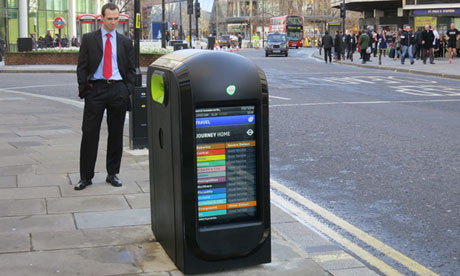Manila's waste scavengers are integrated into the recycling chain
Once part of a hazardous grey economy, the people who pick over rubbish in the Philippine capital are now an organised and recognised force

Every day almost 500 trucks loaded with bags of waste grind up the track to the Payatas landfill site, overlooking Quezon City, the most densely populated municipality in the Manila urban area. Waiting at the top are gangs of scavengers. Each gang, about 10-strong, takes charge of one load, with roughly half an hour to recover anything worth recycling.

.jpg)

.jpg)
.jpg)
